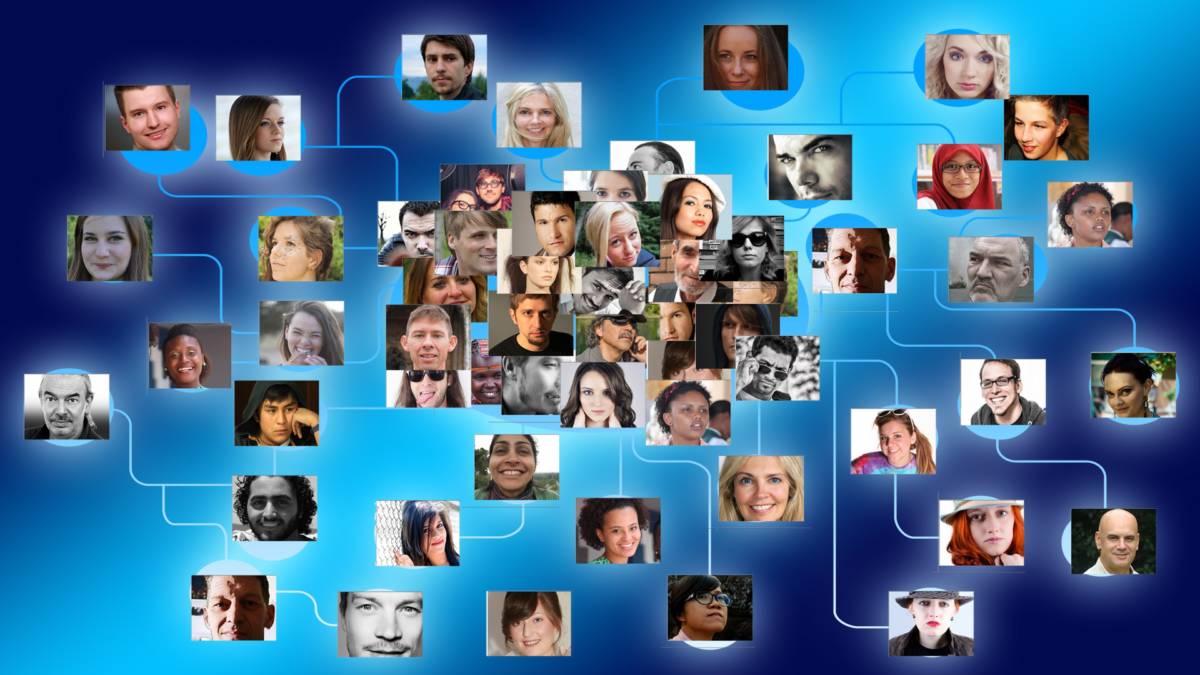 By Marina Anderson
By Marina Anderson
Education and victim resources for adults are important and necessary services in preventing the escalation of and healing the wounds from domestic violence and sexual assault in our community. But to truly make strides in changing a culture that readily accepts violence, we must look to our youth, for they hold our very future in their hearts and hands. As individuals, and as a collective community, we need to provide education that inspires activism for a culture that rejects violence and instead promotes healthy relationships in families, with friends and dating partners, at school and church, and in the community at large.
DOVE Center advocates are already working to teach skills to adults through individual and group counseling, community workshops and classes, public service announcements, and programs for older teens and university students. While no efforts are ever too late, to truly change the current culture of rape and violence we need to start far earlier than college and adulthood. Imagine the benefits of providing our kids with the tools to assess risk, to be empowered and confident, to interact with others with respect and kindness, and to communicate with clarity about boundaries, consent, needs, and emotions.
Any time children are gathered together (family get-togethers, school classrooms, church youth groups, clubs, and scouting organizations) is a potential opportunity to integrate culture-changing activities into existing programs. One idea is to teach high-school-aged teenagers who could then be invited to interact with and teach their younger counterparts. The teaching could begin by bringing in the experts who have broad experience and resources to offer. Two existing resources in St. George are DOVE Center, which is already providing this type of education to teens and young adults, and the Personal Safety Coalition, which sponsors a self-protection class twice a year on the DSU campus and is open to the public.
Once a group of high schoolers receives this education, they could then create short skits depicting real-life scenarios on specific topics. These skits could then be performed for younger groups. Ideally, several sets of age-appropriate skits would be created for various age levels. Additionally, as the teenagers work with the next younger group, kids from that group could help teach the next younger group and so on, creating a trickle-down flow of information and new skills, that would also expand exposure and learning. Youth and teenagers respond well to peer-to-peer mentorship, which would enhance the effectiveness of this model. Besides, how better to learn more deeply than to teach?
I suggest the following topics as good starting points for the creation of skits and to begin conversations with young people about healthy relationships. It is possible to teach relationship skills at any age level, and these themes can be adapted to achieve the greatest impact on individual lives in the effort to make positive change in our current culture.
What are boundaries?
Define physical and emotional boundaries and the spectrum of boundaries. Discuss how to create and maintain healthy boundaries with strangers, acquaintances, dating partners, friends, and family members.
What is consent?
Define what is and is not consent. For example, silence is not consent or agreement. Consent is a clearly spoken, enthusiastic “yes!” from a fully conscious person who is old enough to give consent. In healthy relationships, consent is required every time by both parties. Just because consent was given once does not mean it is continually implied. Consent cannot be given by someone who is legally underage or by someone who is impaired mentally or emotionally or is under the influence of drugs or alcohol. Skits could depict appropriate consent scenarios and poor assumptions of consent.
What is compassionate communication?
Define compassionate communication and identify what constitutes violent or abusive communication, such as swearing, denigration, and sarcasm. Further explore abusive language by examining gender inequality, racism, ageism, bullying, and other related topics. Discuss emotions, feelings, and needs as well as strategies to meet those needs and how our interactions with others are affected by whether our basic needs are being met or not. Ideally, skits would portray scenarios containing abusive language and action and then a redo of the same situation incorporating compassionate language and behavior. An excellent source for information on compassionate communication is “Non-violent Communication: A Language of Life” by Marshall Rosenberg.
As young people develop these specific skills over time — namely the ability to establish healthy boundaries, obtain and give enthusiastic consent, and communicate with compassion — their lives will be positively impacted, and our current culture will begin to shift in a meaningful way.
While changing a culture that tolerates rape and violence may seem like a daunting endeavor that will require decades-long multi-faceted efforts of human services agencies, the truth is that every individual action, whether large or small, will contribute greatly towards positive change, and the results will grow exponentially. We all can become more aware of our own behavior and language and learn to set healthy boundaries. We all can stop allowing or ignoring even subtle abuses that we witness. We all can start in our homes and branch out as we are able.
Is there a young person in your life you would like to teach about healthy boundaries and consent? Are there people in your life you would like to treat more compassionately? Are you part of a child- or teen-oriented organization that sees value in teaching about boundaries, consent, and healthy interpersonal communication? If so, you can start by adopting and sharing these principles in your own life. You’ll be surprised by how far your influence will spread.
For help getting started or to inquire about an educational presentation on these topics, please send an email to outreach@dovecenter.org or call (435) 628-1204.
Marina Anderson is a DOVE Center victim advocate.
Articles related to “Changing our culture by teaching children about domestic violence and sexual assault”
The uncomfortable relationship between sex and violence in America



